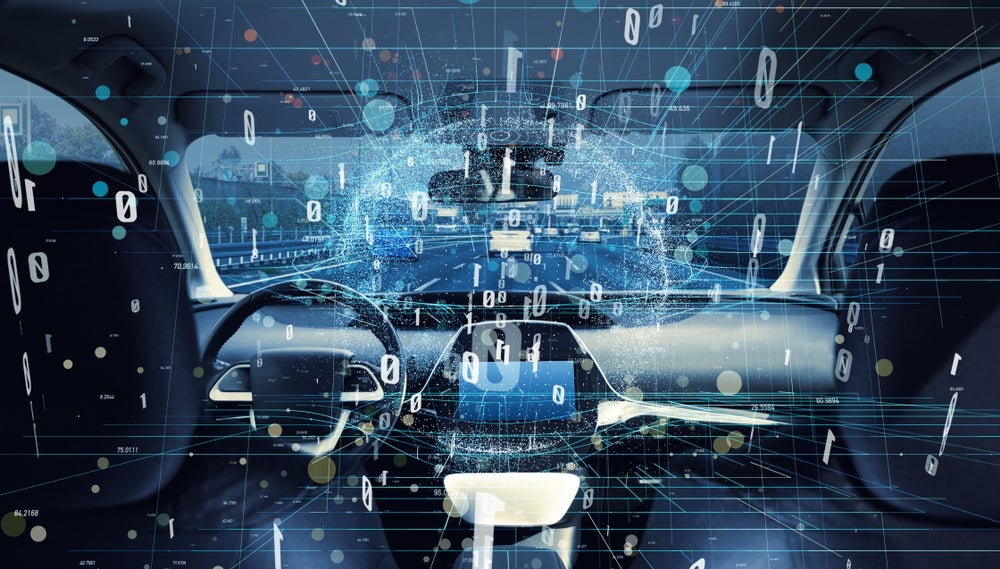
A former Apple engineer has been charged with stealing driverless car intellectual property (IP) by the US Department of Justice (DoJ) as US China tech war tensions intensify.
Weibao Wang, an engineer who worked for Apple developing self-driving car technology, has been indicted on six counts of theft, or attempted theft, of trade secrets, according to a press release issued by the DoJ on 16th May, 2023.
The indictment details that in November 2017, Wang accepted a job offer as a staff engineer with the US based subsidiary of a Chinese headquartered company referred to in the indictment as “COMPANY ONE” and is allegedly developing autonomous cars. Wang is said to have waited more than four and a half months after signing the new employment agreement before informing Apple of his resignation.
According to South China Morning Post, Wang was hired by Apple in 2016 and signed a confidentiality agreement protecting company data which, according to the justice department, was at the time unknown to many employees within the company.
However, on 27 June, 2018, law enforcement agents discovered “large quantities of data taken from Apple prior to his departure” in Wang’s Mountain View, California, residence. Wang is accused of stealing documents containing the source code for the software and hardware behind Apple self-driving systems.
The indictment was announced earlier in the week as part of five cases involving alleged attempts to steal technology to benefit China, Russia and Iran. The US Justice Department press conference focused on allegations concerning the theft of trade secrets and other technology, citing two cases involved with procurement networks created to help Russia’s military and intelligence services to obtain sensitive technology, according to US officials.
How well do you really know your competitors?
Access the most comprehensive Company Profiles on the market, powered by GlobalData. Save hours of research. Gain competitive edge.

Thank you!
Your download email will arrive shortly
Not ready to buy yet? Download a free sample
We are confident about the unique quality of our Company Profiles. However, we want you to make the most beneficial decision for your business, so we offer a free sample that you can download by submitting the below form
By GlobalDataThe cases were first announced by a US strike force formed in February.
“We stand vigilant in enforcing US laws to stop the flow of sensitive technologies to our foreign adversaries,” said Matt Olsen, the head of the US Justice Department’s National Security Division. “We are committed to doing all we can to prevent these advanced tools from falling into the hands of foreign adversaries.”
This is not the first case of automotive technology being stolen. In 2017, a law suit brought against Uber by Waymo was settled, with Uber paying $245m in shares to Waymo. Waymo argued that a former engineer working at Uber as chief of their self-driving car project had taken thousands of confidential documents with them.
In August 2020, Anthony Scott Levandowski pleaded guilty for trade secret theft related to Google’s self-driving car program. According to a press release by the US Attorney’s Office, Levandowski downloaded files during the final months of his employment at Google in order to deploy them in his following role at Uber.
Driverless cars IP theft could halt development
Dr Paul Loustalan, Partner at UK and European patent law firm, Reddie & Grose, told Verdict that increased intellectual property (IP) theft as a result of software becoming a key driver of innovative technology is likely. Loustalan says that as software development advances, stealing proprietary information and implementing it elsewhere becomes much easier. Loustalan adds that the issues in the case are exacerbated by the difficulty to police the stealing of source code.
The stealing of IP in this way represents a major challenge to companies. Loustalan highlights that Apple followed the correct guidelines. He explains that the only further action that could have been taken would have been the stricter vetting of Apple’s employees: “If you’ve genuinely got trade secrets that are the crown jewels of the company, then you might want doing some more effective vetting of your employees,”
Loustalan describes a situation in which the competitive advantage lost through IP theft will push OEMs to halt development of autonomous driving software. In this case, larger OEMs may opt to wait for smaller companies to continue develop as they represent a smaller target.
“It’s difficult for the big auto manufacturers to develop this sort of tech in-house already, because that’s not what they’re used to doing. What they’re doing is buying up other businesses that have already got a long way along solving the problem.”
“You could just see the OEMs stopping completely and waiting for smaller companies to develop it and then buy them once they’re ready. Because those smaller companies are inevitably a smaller target for or less visible target for stealing that proprietary information,” said Loustalan.
According to a BBC report, two ex-Apple employees have been charged in similar cases involving theft of trade secrets in the past.
Xiaolang Zhang pleaded guilty, in 2022, in a California court, of downloading internal Apple files, specifically a 25-page document including engineering schematics of a circuit board for an autonomous vehicle.
According to CNBC, Zhang was also accused of stealing reference manuals and PDFs describing Apple’s prototypes and prototype requirements. Zhang was arrested in 2018 as he attempted to board a flight to China.
Another ex-Apple employee, Jizhong Chen, faces similar charges.




